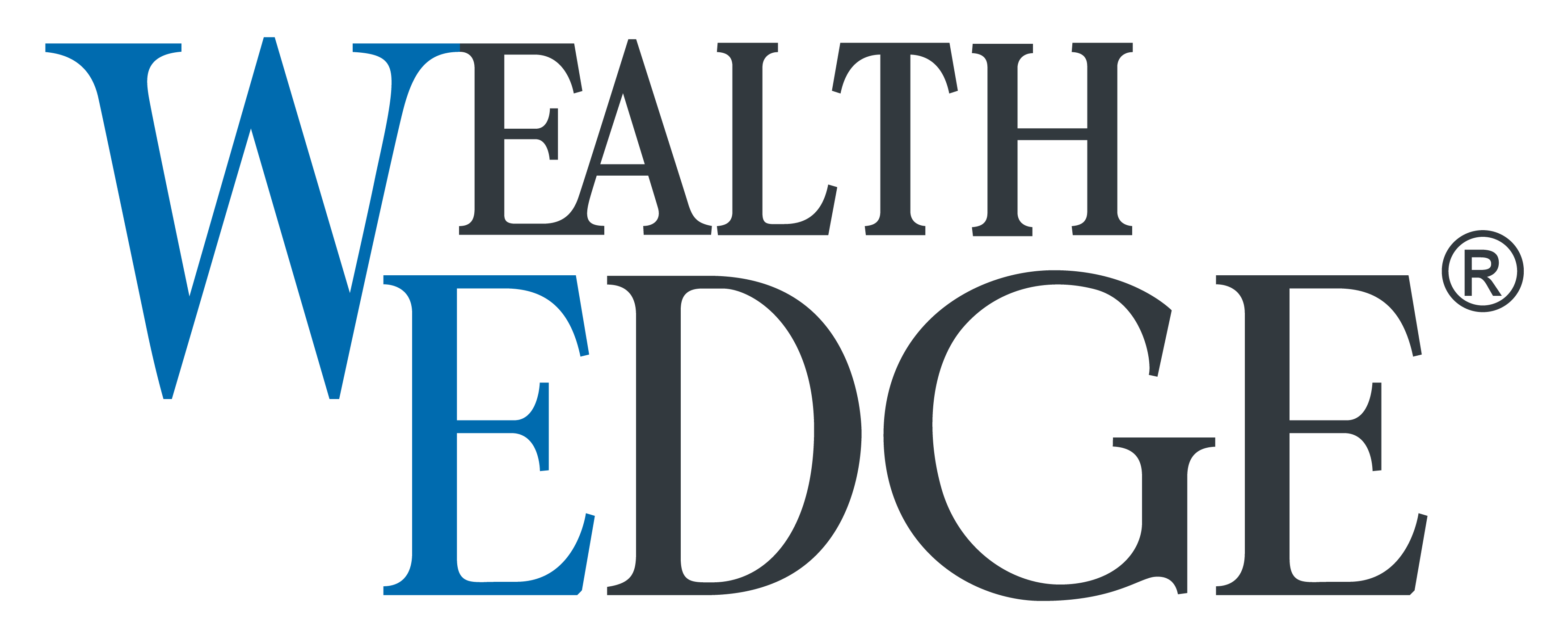Assets, Liabilities and Owner’s Equity: An In-Depth Definition
We have previously discussed the importance of the fundamental Accounting equation which states:
Assets = Liabilities + Owner’s Equity
Let’s take a closer look at what each of these terms mean and what they include.
Assets:
Simply put, an asset is something that you own. It is a possession that can be given a dollar value.
For example, personal assets may include cash, your home, your car, your clothes, your education, certain life insurance policies, etc.
Business assets may include equipment, cash, supplies, or accounts receivable (the amount of money that your customers owe you for your products or services).
Most individuals don’t think about their personal assets until they need to determine their personal net worth (typically for a loan).
Understanding your personal net worth and your personal assets helps you to clearly see what you own (which helps you understand how much debt you can safely incur).
Liabilities:
A liability is something that you owe; typically a loan.
Most personal liabilities include a mortgage, a car loan, an education loan, credit card bills, etc.
For businesses, liabilities can include accounts payable, credits issued to customers for defective products, business loans, employee payroll taxes, etc.
How you manage your liabilities play a direct role on how much credit you can be responsible for. When you pay your liabilities on time, you will improve your credit score – showing that you are a responsible borrower. Businesses and banks will be more willing to loan money to someone who pays their bills on time.
Owner’s Equity:
Owner’s equity is the owner’s claim to the assets in a business – (namely, the difference between the business’ assets and liabilities). For many small businesses, owner’s equity is the owner’s percentage of the profits in their business. For corporations, it is the shareholder’s dividends and increased stock value. (Remember, in a corporation, stockholders own a small part of the company with each share of stock they own.)
The higher the equity amount, the greater the profits. This can mean that the business can be eligible for greater loans for expansion, or it can be more appealing to interested shareholders.


